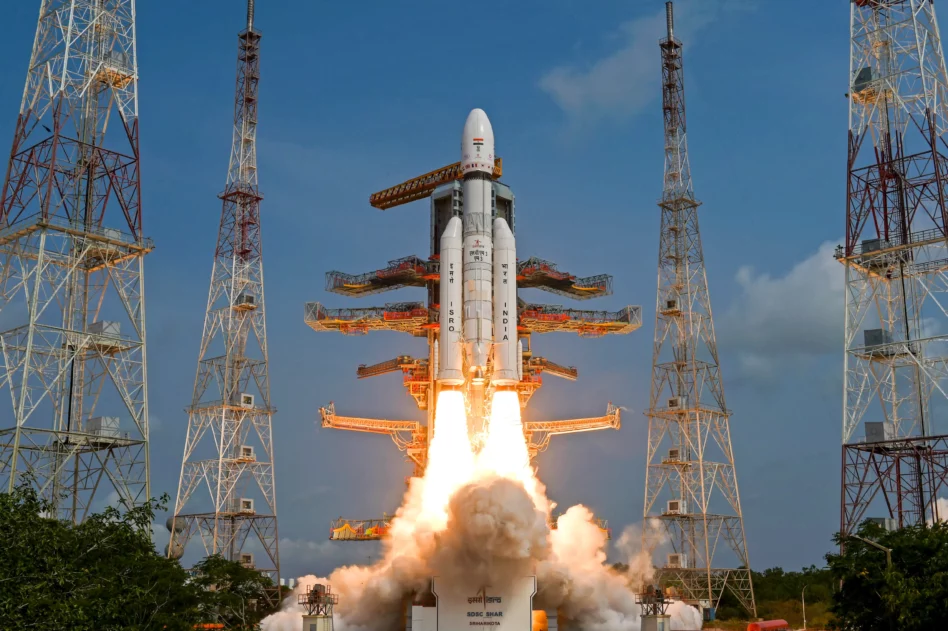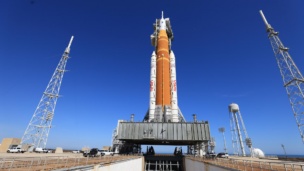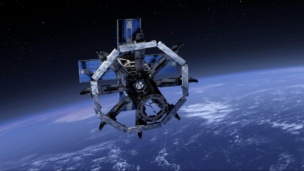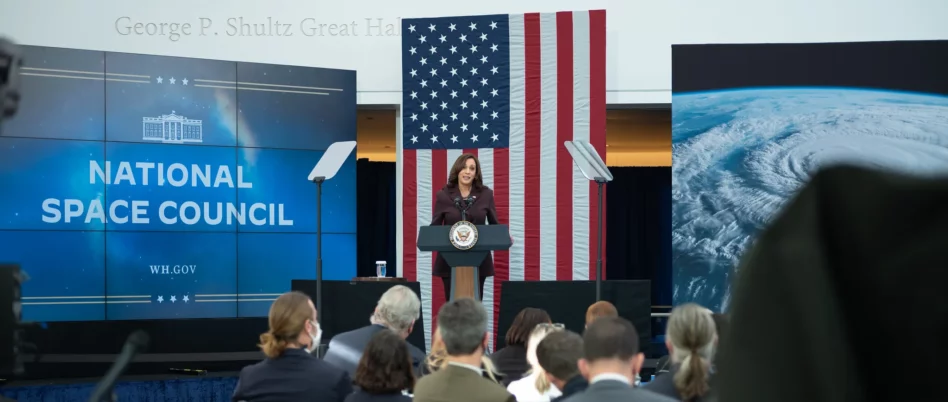We’ve reflected on the space SPAC markets. We’ve reviewed NASA’s 2023 milestones. Now, we’re widening our lens to look back at the achievements of civil space agencies around the globe—and strap in, because it’s been a busy year.
ISRO shines
India’s national space agency made moves in 2023 to cement itself as an undisputed global leader in spaceflight. ISRO took on steep technical challenges and emerged victorious—all on a much slimmer budget and in shorter timelines than its counterparts in, say, the US.
- Chandrayaan-3: India’s lunar landing in August made the country the fourth ever to soft-land on the Moon, after the US, the Soviet Union, and China. In all, the Chandrayaan-3 mission cost ISRO a modest ~$74M.
- Aditya-L1: ISRO launched its first solar probe mission in 2023 to study the solar wind as well as the Sun’s surface and atmosphere.
- Preparing for crew: In October, the agency successfully launched a test Gaganyaan crew capsule and tested its crew escape system.
India isn’t resting on its laurels. The nation also announced new partnerships with the US during Prime Minister Narendra Modi’s visit to DC in June, including a commitment to work together on human spaceflight and send an Indian astronaut to the ISS in 2024.
China reaches out
Over the last few years, China has been working hard at building out its space infrastructure, and in 2023 it began inviting other nations to join in. The China (and Russia, but mostly China)-led International Lunar Research Station (ILRS), a planned Moon base, has gathered a coalition of partner countries, and a handful of nations have also signed on to send experiments (and, in some cases, people) to the Tiangong space station.
Russia muddles through
Russia’s ongoing war in Ukraine has sapped resources from the national space agency, Roscosmos, and done permanent damage to the nation’s alliances in orbit after sanctions forced nations to withdraw from long-standing space partnerships. Roscosmos’ tough year was highlighted by a failed attempt at soft-landing the Luna-25 spacecraft on the lunar surface. As Russia trudges forward on its spacefaring path, it’s leaning heavily on its partners (specifically, China) to keep the action going.
New agencies on the block
Most of the civil agencies we’ve reviewed here are veterans in the spaceflight game, but as the access to and necessity of space tech reaches all corners of the world, new government space branches are cropping up fast.
- Spain officially greenlit the Agencia Espacial Española (AEE) in March and endowed it with a €700M ($767M) budget for its first year.
- South Korea has been trying hard to get KASA officially established even as it’s forged ahead on its space initiatives, but it’s been running into political roadblocks. Fingers crossed for 2024!
Best of the rest
We can’t fit an update on every one of the 68 national space agencies around the world in a newsletter (though we wish we could). Get ready for the rapid-fire round:
- The UK Space Agency has been making a ton of investments into its domestic space sector this year, with significant awards for debris removal, nuclear propulsion, and EO.
- JAXA attempted to launch its H3 rocket for the first time after a decade of development, but the debut ended in failure.
- North Korea’s space program launched the nation’s first military spy satellite to orbit last month.
- Iran launched a bio-capsule to 130 km, embarking on an ambitious timeline to put people in space by the end of the decade.
- The UAE attempted its first robotic lunar landing in April, but lost its Rashid rover aboard the ispace mission that hard-landed on the Moon. Emirati astronaut Sultan al Neyadi spent six months aboard the ISS in 2023 and became the first Arab astronaut to conduct a spacewalk.





